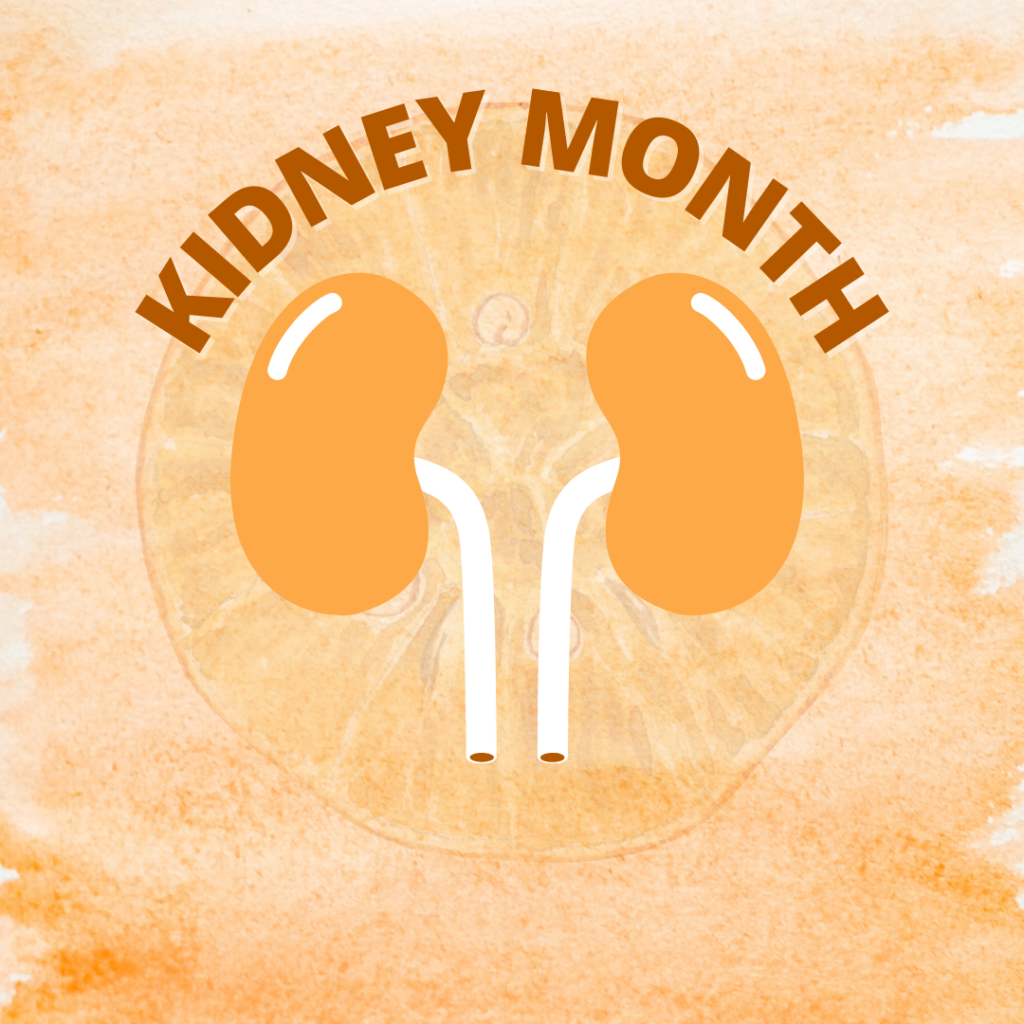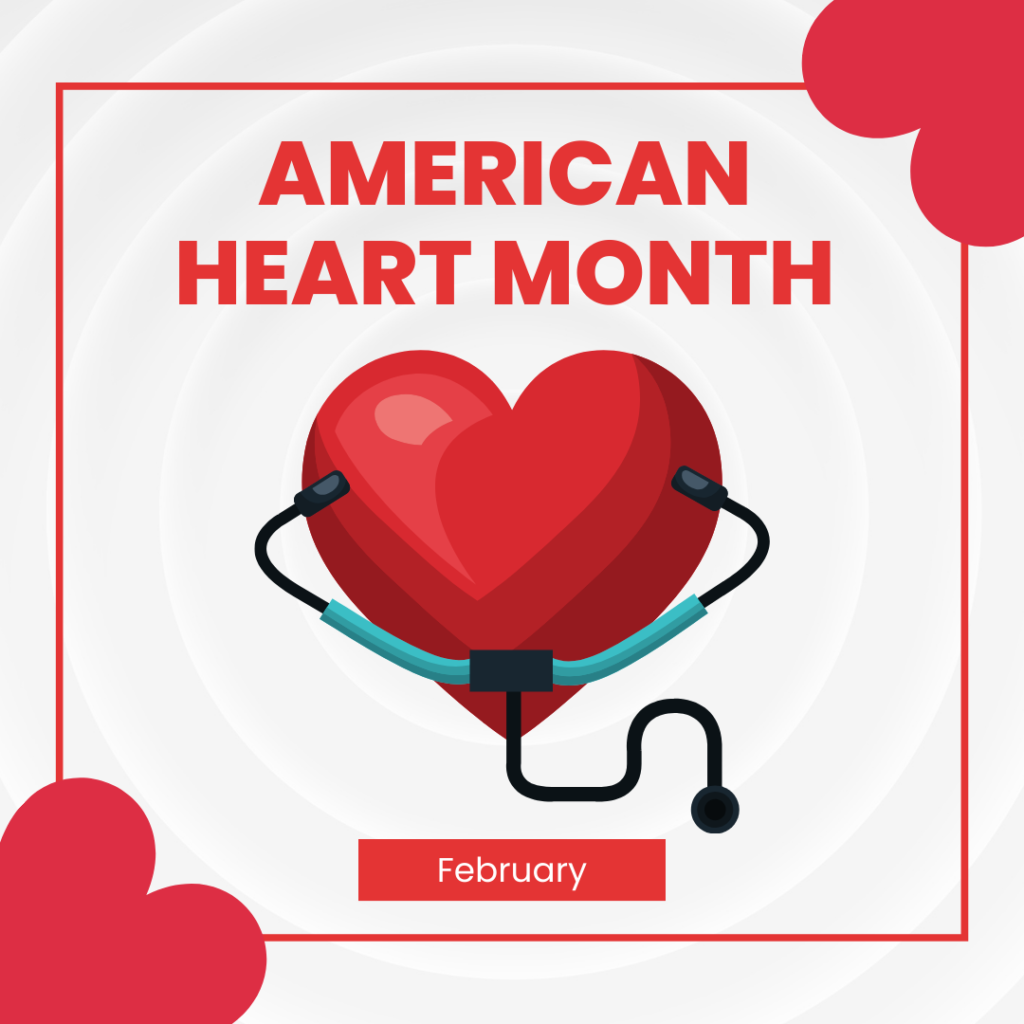The Hull Public Library has partnered with the Hull Public Health Nurse to provide resources on monthly health-related topics. Visit this page each month for updated information!
March – Kidney Health Month

March’s message from Hull Public Health Nurse, Rachel Gerold
The CDC (https://www.cdc.gov/kidneydisease/prevention-risk/take-care.html) has a lot of helpful information on kidney function, how to care for your kidneys and when to seek medical help.
How Kidneys perform important work:
1. Blood enters the kidneys through an artery from the heart.
2. Blood is cleaned by passing through millions of tiny blood filters.
3. Waste material passes through the ureter and is stored in the bladder as urine.
4. Newly cleaned blood returns to the bloodstream by way of veins.
5. Bladder becomes full and urine passes out of the body through the urethra.
How to protect your kidneys:
- Maintain a good BP
- Maintain a good blood sugar level
- Maintain a good cholesterol
- STAY HYDRATED
- Eat berries, apples, pears, nuts, lean meats(such as turkey and chicken), cabbage and other leafy
vegetables, low salt, garlic, fish, olive oil and other healthy kidney friendly food options - Get active
- Quit smoking/drinking alcohol
- Avoid herbal supplements
Kidney problems:
Chronic kidney disease (CKD) is a condition in which the kidneys are damaged and cannot filter blood as well as they should. Because of this, excess fluid and waste from blood remain in the body and may cause other health problems, such as heart disease and stroke. Your kidneys become less able to perform many vital functions and this can contribute to the development of heart failure.
Other common kidney problems include, kidney stones, kidney infections and Hepatitis C. Kidney stones develop when there is too much waste in your blood and your body is not producing enough urine, crystals begin to form in your kidneys. These crystals form a solid object (a kidney stone) that will get larger unless it is passed out of your body in your urine.
A kidney infection happens when bacteria or viruses get into your kidneys. Kidney infections can affect both or just one of your kidneys. A kidney infection is a type of urinary tract infection (UTI). Hepatitis C is a viral disease that affects the liver. Hepatitis C can cause kidney disease, and sometimes kidney patients can get hepatitis C from hemodialysis , if a medical facility does not carefully follow guidelines for infection control.
With all this being said, it is important to care for your kidneys and help them perform all the vital functions
to maintain health. So, drink more water, eat less salt and exercise a little bit more to help your kidneys out!
Take a look at the attached informational sheets below.
Heart Health Fact Sheets and Resources
February – American Heart Month

February’s message from Hull Public Health Nurse, Rachel Gerold
The National Heart, lung and blood institute (https://www.nhlbi.nih.gov/) provides a lot of important information on the heart and ways to take care of your own heart health. The Heart is one of the most important organs in the body and it is important we try and take the best care of it.
The leading cause of death worldwide is Heart Disease which is defined as several types of heart conditions. The most common type of heart disease in the United States is coronary artery disease (CAD), which affects the blood flow to the
heart. Decreased blood flow can cause a heart attack. The symptoms of heart disease are sometimes silent and not diagnosed until the person experiences signs and symptoms of a heart attack, an arrhythmia or heart failure.
For the month of February and every month it is important to take a look at your own life and see how you can maintain a healthy heart. Lifestyle changes can prevent many cases of heart disease, such as: Quitting smoking, eating a healthier diet, exercising at least 30 minutes per day, five days a week, & maintaining a healthy weight.
Please take a look at the fact sheets below on the heart to learn more.
The Hull Board of Health provides Blood Pressure screenings as needed for all Hull residents!
We are at the Hull Senior Center on the 1st and 3rd Tuesdays of the month from 10:30-11:30AM for blood pressure screenings as well. Please give me a call at (781) 925-2224 to get your blood pressure checked.
Heart Health Fact Sheets and Resources
- Heart fact sheet
- Heart smart basics
- Healthy blood pressure flyer
- Signs of a heart attack
- Types of heart disease
- Medline Plus – heart disease and diet
